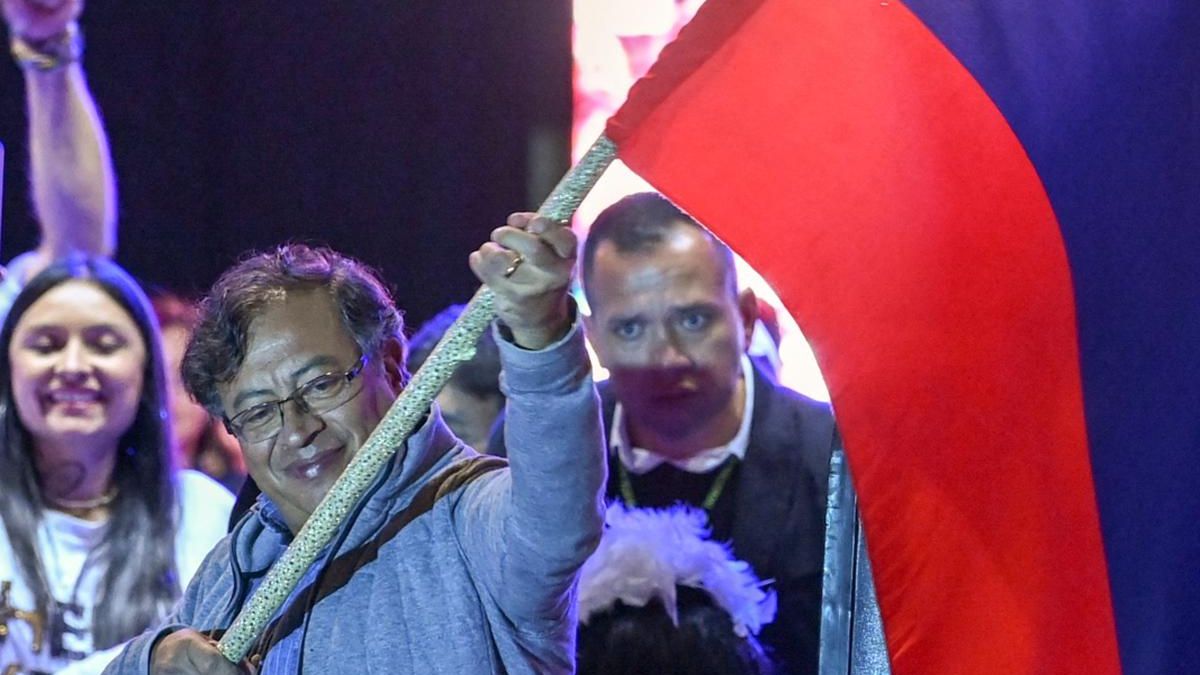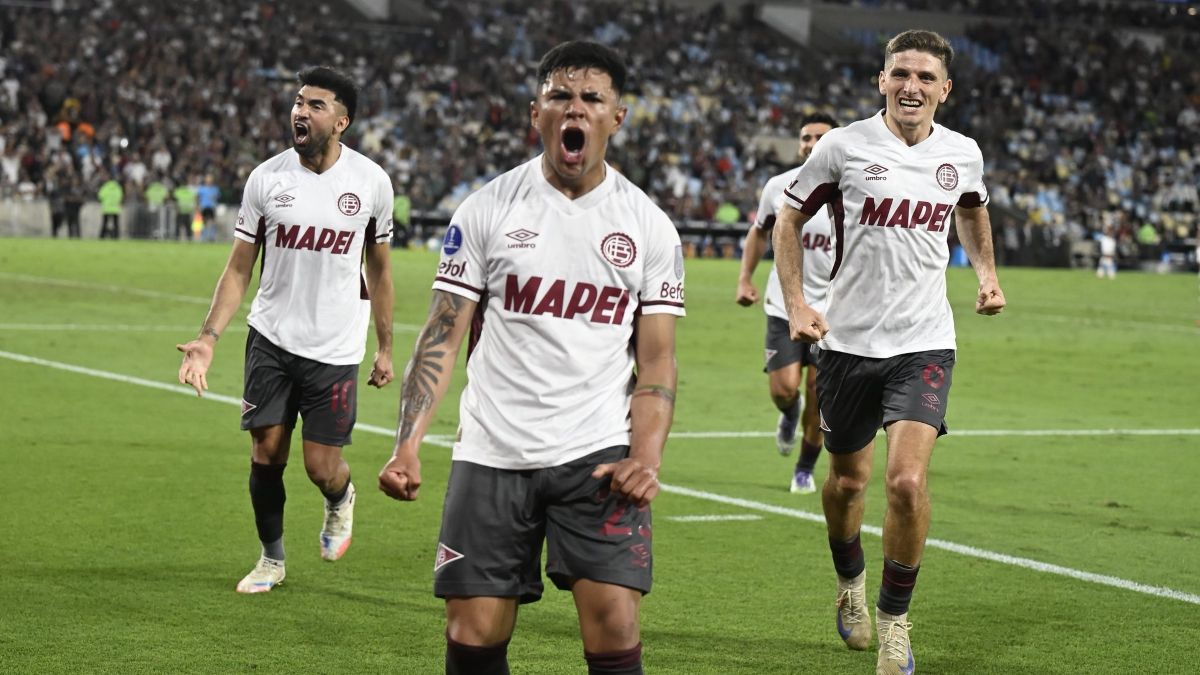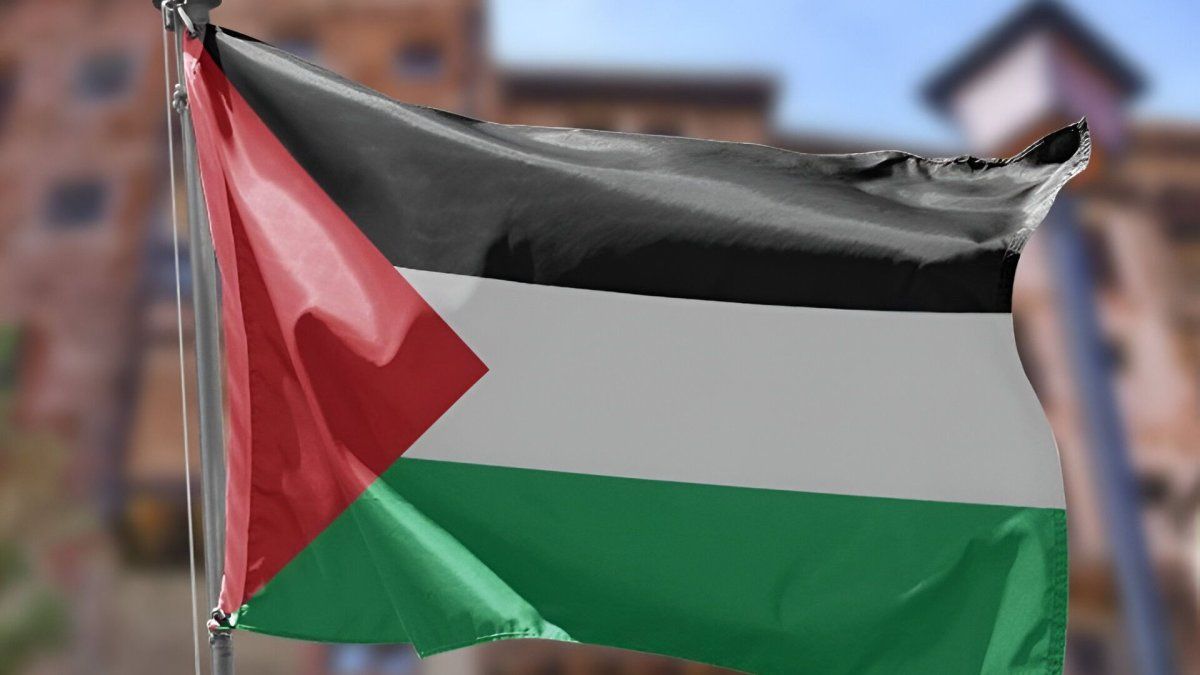Always governed by right-wing conservatives or liberals and fed up with a country in crisis, Colombians could this Sunday lean to the left for the first time and get on the train of that trend that crosses again Latin America.
Senator and ex-guerrilla Gustavo Petro62 years old and favorite in all the polls, believes that he can achieve it on May 29, although the polls indicate that he will have to contest a ballot on June 19, in which he also leads the voting intention.
His nemesis, the rightist Federico Gutierrez The 47-year-old is emerging as the most likely rival in a Colombia that is polarized like few times, but that is crying out for change in the face of the economic ravages of the pandemic, the upsurge in violence that is punishing rural regions and borders, corruption, inequality, and wounds left by the repression of the massive protests of 2021.
Six candidates are in the deck, but two are the favorites. the independent Rodolfo Hernandeza 77-year-old businessman, is close to Gutiérrez according to the polls.
Gustavo Petro, who is seeking the presidency of Colombia for the third time, lost four years ago to the right-wing Ivan Dukewho by law cannot aspire to re-election.
That second place in 2018 earned him a seat in Congress from where he accumulated support to fight for revenge for the government of the country of 50 million inhabitants, an ally of the United States and world’s largest exporter of cocaine.
Colombia could thus join the left that gravitates in most South American countries and that in October the possible return of Lula da Silva in Brazil.
Paradoxically, in Colombia all the forces are asking for a change, after the unpopular government of Duque (67%) that unleashed an unprecedented social outburst.
“There’s a lot of frustration, a lot of anger and I think Petro capitalized on that,” Michael Shifter, a professor at Georgetown University, told AFP.
The right in power arrives weakened. His natural leader, the former president Alvaro Uribe (2002-2010), former electoral protagonist, is in the doldrums due to legal entanglements.
“Two feelings summarize the voter: the need for change due to that discontent and the mistrust“, says Jorge Restrepo, professor at the Javeriana University. The range of candidates is completed by the centrist Sergio Fajardo (5.1%), the evangelical John Milton Rodriguez (0.6%) and the rightist Enrique Gomez (0.3%).
Abstention, which has historically been around 50% in Colombia, could break.
A new duel between opposing forces is the expression of a country divided after the signing of the peace agreement signed in 2016.
The historic pact that disarmed the rebels of the FARC “It opened a space for the political left” that during the armed conflict carried a “strong stigma” for its “association with the guerrillas,” says Elizabeth Dickinson, an analyst at the international Crisis Group.
Duque unsuccessfully tried to modify the agreement, and almost six years later all the candidates promised to continue its implementation in the face of international criticism for the murder of 332 ex-combatants and the resurgence of violence.
For Dickinson, the elections will also respond to the dichotomy between “saving its implementation” or “burying the agreement.” And in the crosshairs: one possible resumption of negotiations with the ELN guerrilla.
After six decades of armed conflict, the advance of the left in the electoral spectrum worried a new actor: the military leadership broke the silence and turned against Gustavo Petro. Very popular for their fight against the guerrillas, the armed forces remained on the fringes of politics, adhering to a law that prevented them from voting and deliberating.
Petro was a member of the M-19an urban guerrilla who signed the peace in 1990, before going into exile for a time in Europe and returning to his country to become a legislator and then mayor of Bogotá (2012-2015).
Threats against candidates and suspected fraud
Under the specter of the assassination that in the past stopped the presidential aspirations of five politicians in the 20th century with bullets, the main candidates denounced risks to their security: Petro; his vice-presidential formula, the Afro environmentalist Francia Márquez; and Gutierrez.
And in the final stretch, the distrust in the electoral process that had a hurried performance in the legislative elections on March 13 encouraged the voices of fraud.
In one of the most unequal countries in the world and impoverished (39%) by the pandemic, Gustavo Petro proposes an economy demarcated from oil and an environmental and progressive agenda on social issues.
On his side, Federico Gutiérrez battles to distance himself from Duque although he claims related causes: security, private investment, an austere state, traditional family values.
“This whole election, to be blunt, is about Gustavo Petro. Win or lose, the result will be about him,” says Dickinson.
Source: Ambito
David William is a talented author who has made a name for himself in the world of writing. He is a professional author who writes on a wide range of topics, from general interest to opinion news. David is currently working as a writer at 24 hours worlds where he brings his unique perspective and in-depth research to his articles, making them both informative and engaging.




